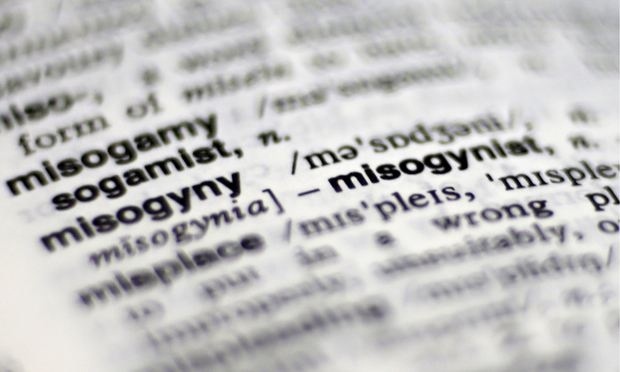This is an excerpt from the first article in a four-part series, written in partnership with TheAtlantic.com, examining the role of fathers in American families.
The dad factor
“I think there’s consensus that cultural and family factors are causing children’s family lives to be more unstable than in the past,” said Andrew J. Cherlin, author of “The Marriage-Go-Round” and director of the Hopkins Population Center at Johns Hopkins University. Experts debate whether recent cultural shifts or economic changes most undermine family stability, but, said Cherlin, “most who I respect believe both are at play.”
Most children weather family turmoil and wind up OK, said Cherlin, who coined the term “family churn” to describe what happens to families as couples split, often moving dad out of the home and a new man in. A study in the Journal of Marriage and Family said children in such homes experience an average of more than 5.25 partnership transitions. That’s tough for kids who are used to having their own fathers within reach.
“Dad also helps with impulse control and memory and enhances a child’s ability to respond effectively to new or ambiguous situations, for boys and girls,” said Warren Farrell, author of “Father and Child Reunion.” Children who are close to their fathers tend to achieve more academically, while kids with absent fathers are more likely to drop out. Fathers are the biggest factor in preventing drug use, Farrell said.
Burgos said one of his biggest challenges growing up without a father figure has been impulse control and anger management. He had no guide to teach him effective ways to handle frustrations — and he’s had a lot of them in his young life.
The time a dad spends with his children is a particularly strong predictor of how empathetic a child will become, according to a commission of experts who wrote a proposal asking President Obama to create a White House Council on Boys and Men. The group, which Farrell helped assemble, compiled research showing infants with dads living at home were months ahead in personal and social development. Children who lack contact with fathers are more likely to be treated for emotional or behavioral problems. Girls with absent or indifferent fathers are more prone to hyperactivity. If dad is around, girls are less likely to become pregnant as teens.
As early as 1993, studies showed that dads also influenced whether their sons became teenage fathers. A Temple University study found no boys born to teen mothers became teen fathers if they had close relationships with their biological fathers, compared to 15 percent of those who didn’t have that closeness.
“None of this implies men are better as dads than women are as moms,” Farrell and the commission emphasized. Children need both.
But dad’s place is not always secure. The commission report said, “The U.S. has done a better job of integrating women into the workplace than in integrating men into the family — especially into the lives of children in the non-intact family. We have valued men as wallets more than as dads.” The result is “moms feeling deprived of resources and dads feeling deprived of purpose and children feeling deprived of the full range of parenting input.”
Read the rest here: http://www.deseretnews.com/article/865597043/The-father-factor-What-happens-when-dad-is-nowhere-to-be-found.html?pg=all



